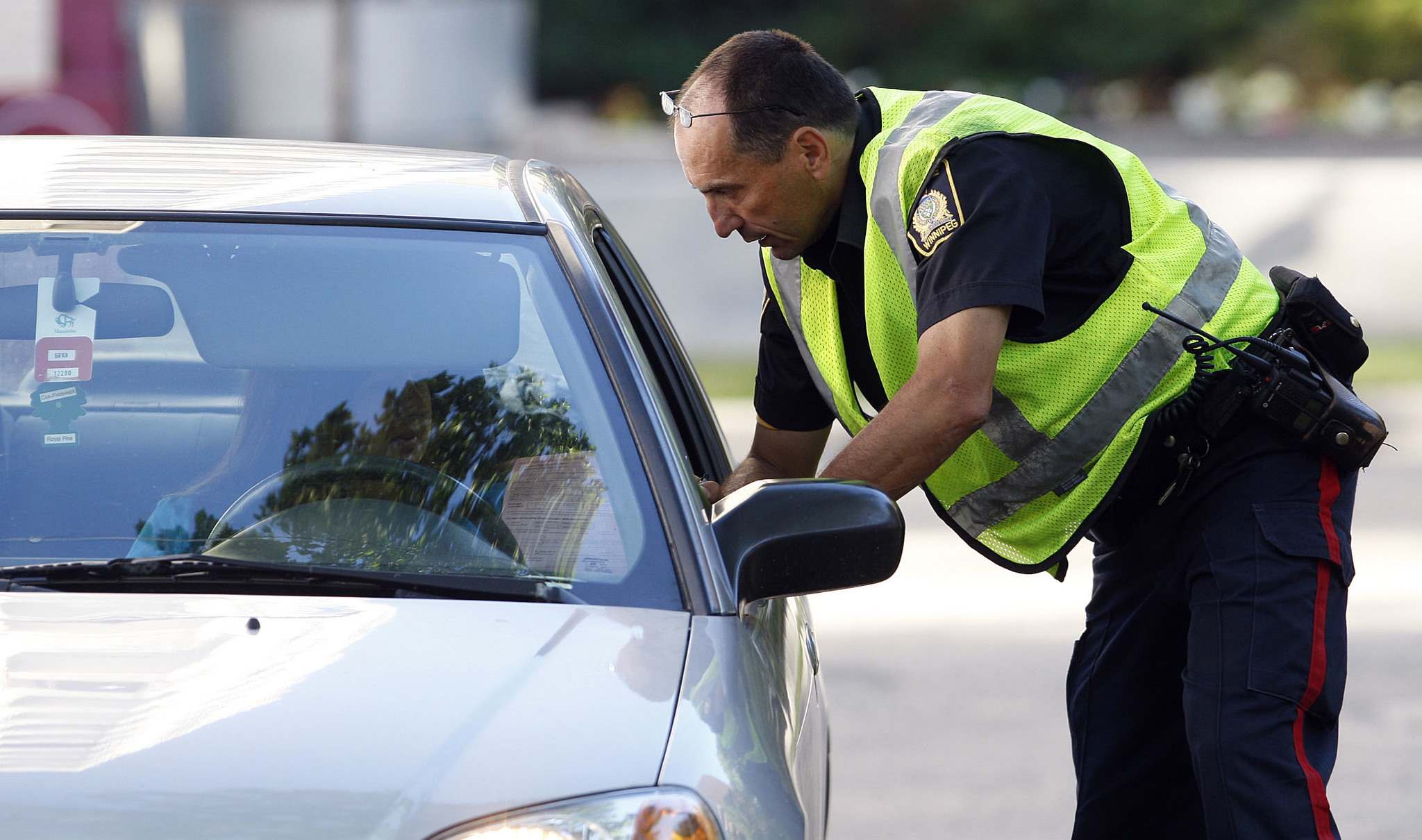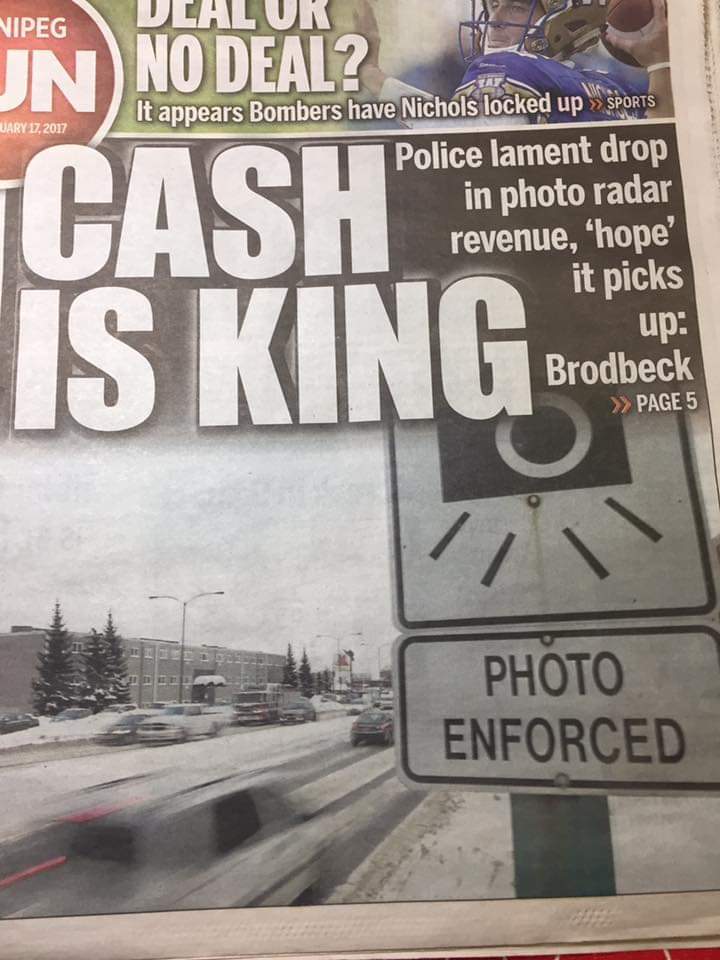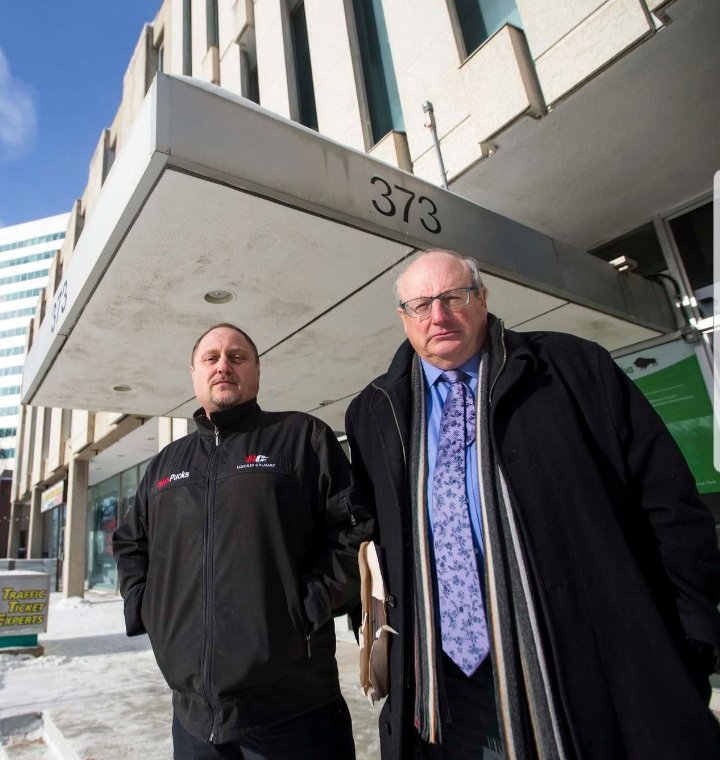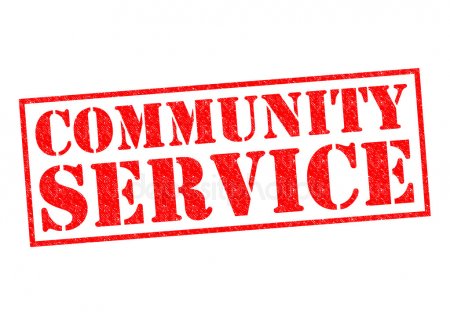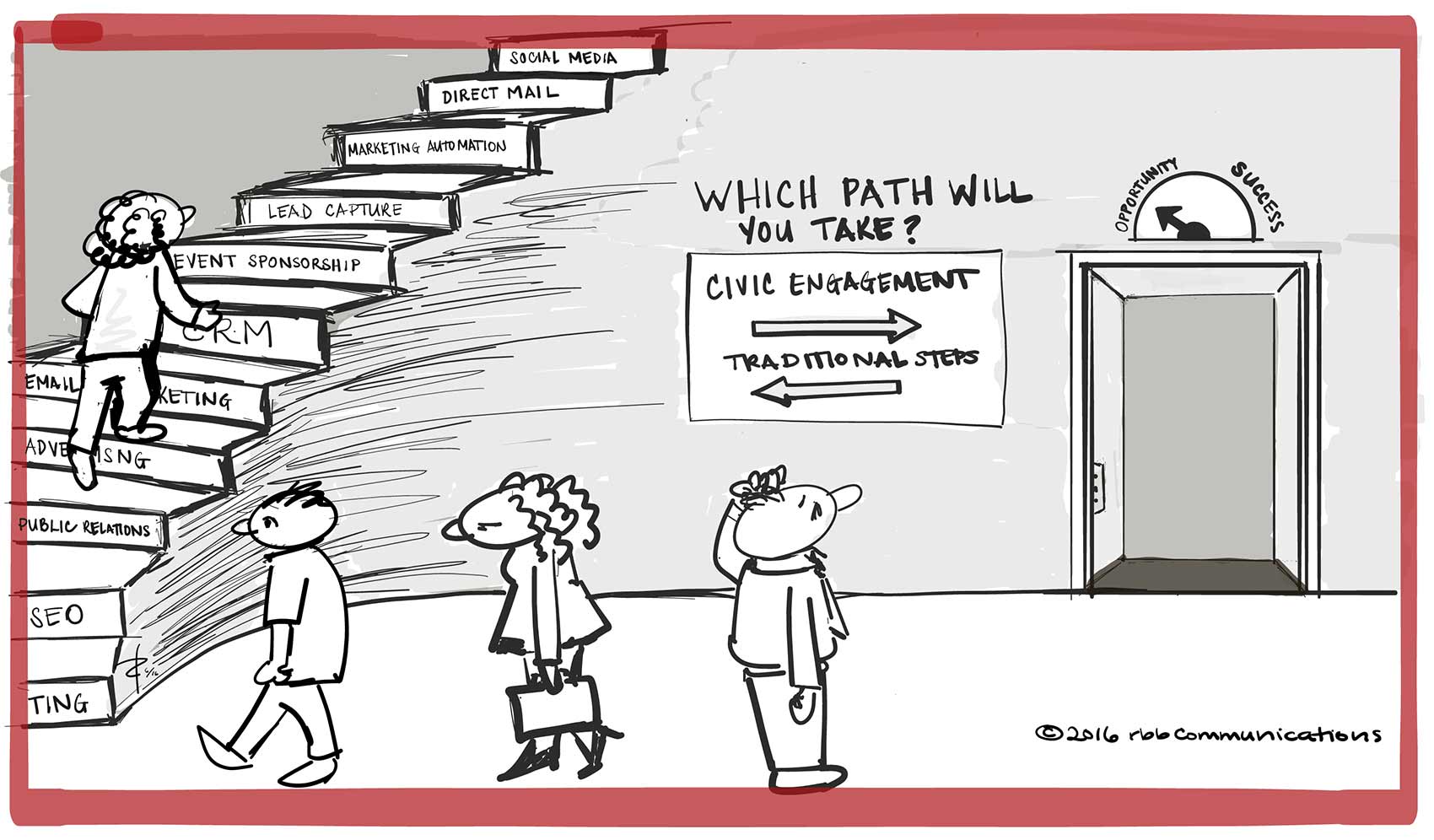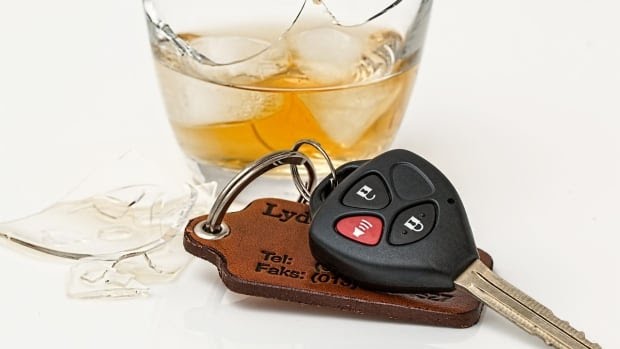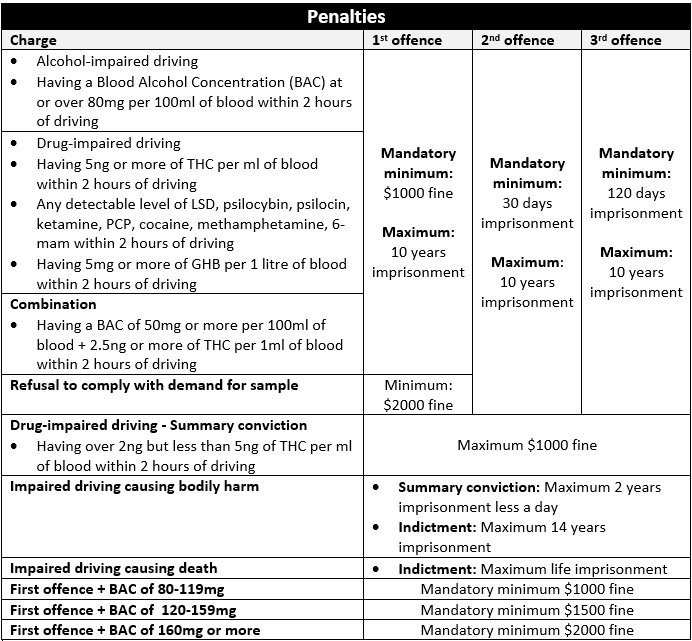The POC / Traffic “court” reopened on July 6, 2020 for dispute hearings and payments only. It had closed temporarily due to the COVID-19 Pandemic.
Here is detailed info about your options if you received a ticket / alleged traffic offense in Manitoba. You must respond within the response period shown on your ticket or a default conviction can be entered along with a $50 penalty.
If you wish you can exercise your right to dispute the offence (i.e plead not guilty, get a disclosure package, communicate with the Crown attorney and if needed have a trial etc …), admit the offence, or seek a reduction. You have a few options to do so which are listed below.
If you dispute, you can change your mind later and change your option or plea. Most are still offered or can get a reduction and time to pay. After filing to dispute some tickets have been dismissed when reasonable reason given. This more likely with backlog for hearings / trials.
You can also authorize a representative to handle the matter on your behalf.
If you choose one of the retired cops / traffic ticket “experts” be aware they are often fine with not telling you much of this and collecting from you half of what you “save” when they request and if they get dismissal or reduction.
If you can’t get time off during the day or can’t afford to you can request night court and you can also request a hearing in french.
Options:
1) Go in person to 373 Broadway in Winnipeg or check with a regional court:
https://www.gov.mb.ca/justice/tickets/contact.html
2) Phone the court: 204-945-3156 in Winnipeg or toll free at 1-800-282-8069 (ext.3156). Have the offense / ticket number ready.
3) Complete the form linked in this post or here:
https://www.gov.mb.ca/justice/tickets/pubs/poaform.pdf
One member said when they tried to attach a copy of their d/l photo, the whole form would freeze. If so send the photo seperately.
Mail, fax or drop off at:
100 – 373 Broadway
Winnipeg MB R3C 4S4
Fax: 204-948-2023
or check with a regional court (see link above)
Or Email the form to POC@gov.mb.ca
Warning email is not secure and there has been cases where they have send disclosure package by email last minute with little time to prepare your defense and requests for dismissing or adjournment denied.
Ask for confirmation that they have received the form.
After your form processed you should be sent a letter with hearing date. After this you can contact the court to get name of the crown attorney or articling student assigned to your case and phone number. You can then call or email them (first name.lastname@gov.mb.ca) if you need to request adjournment for more time to prepare or …
A disclosure package should he sent to you at least 7 days before your trial but you maybe able to request it earlier.
You have the option to request the operator or officer be present to question (The crown can be asked to call them as their witness so you can cross examine or you cam subpoena them). You must appear before a Justice to request this but should not need to go into detail about your defense.
The Guide for self represented Defendants via link below and on the MB Courts website provides general information about the court process for tickets. This guide is not meant to be used as legal advice. If you have any legal questions, contact a lawyer.
General info about tickets
https://www.gov.mb.ca/justice/tickets/
Disputing
https://www.gov.mb.ca/justice/tickets/dispute.html
More on this and related at www.wiseupwinnipeg.com and WiseUpWinnipeg under Announcements, Files, Discussions etc…
The “New Plea Process” page and post has more details on when and why this process changed (their claimed reasons and what their real intentions appeared to be), the erosions of the accused rights, their ability to know about and exercise what rights are left and what can be done about these injustices.
More info and some history about the process change here



